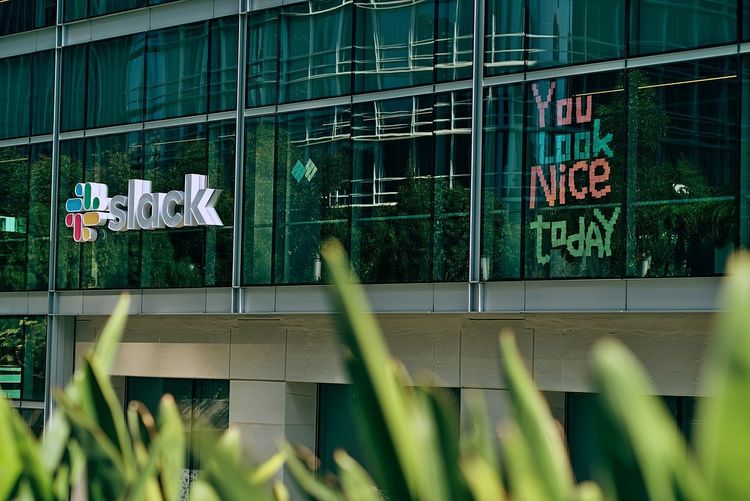In a remarkable turnaround, Google has emerged from a series of AI missteps to reclaim its position as a leader in artificial intelligence.
The recent launch of Gemini 1.5 Pro and Gemma 2 marks a significant milestone for the tech giant, highlighting not just recovery but also notable advancements in AI technology.
Over the past year, Google's AI efforts were plagued by high-profile errors. Notably, the Bard chatbot mistakenly provided incorrect details about the James Webb Space Telescope during its live demo, resulting in a $100 billion drop in Alphabet’s market value within a single day. More recently, the Gemini image generation feature faced backlash for historical inaccuracies and bias, prompting a swift withdrawal of the service.
These setbacks raised doubts about Google’s ability to compete in the fast-evolving AI landscape, especially as OpenAI’s GPT-4o and Microsoft's aggressive AI integration dominated headlines.
However, this week’s announcements have shifted the narrative. Gemini 1.5 Pro, Google’s latest large language model, has outperformed GPT-4o in several key benchmarks, showcasing its capacity to process and analyze vast datasets—up to 1 million tokens, which equates to thousands of pages of text. This achievement sets a new standard for AI comprehension and contextual awareness.
Notably, Gemini 1.5 Pro has taken the lead on the prestigious LMSYS Chatbot Arena leaderboard, surpassing notable competitors like OpenAI’s GPT-4o and Anthropic’s Claude-3.5 Sonnet.
Equally impressive is Gemma 2 2B, a compact yet efficient model that challenges the idea that larger models are inherently superior. This 2-billion-parameter model exceeds the performance of much larger architectures, demonstrating Google’s expertise in model efficiency and optimization. Gemma 2 competes effectively against significant models such as OpenAI’s GPT-3.5, Mistral AI’s Mixtral 8x7B, and Meta’s Llama 2.
These advancements have substantial implications in the enterprise AI market, where performance, efficiency, and reliability are crucial. Google’s progress positions it as a serious contender, providing CIOs and CTOs with a viable alternative to the OpenAI-Microsoft partnership that has dominated enterprise AI discussions.
Google's resurgence embodies not just technical success but also a strategic transformation in its AI development approach. The rapid iterative improvements seen in Gemini and Gemma reflect a more agile and responsive development cycle, essential in the competitive AI sector. Furthermore, Google’s commitment to responsible AI development, particularly after the Gemini image generation controversy, indicates a mature grasp of the ethical challenges presented by advanced AI systems. This blend of innovation and responsibility is vital in earning the trust of enterprise customers cautious about AI’s potential risks.
Yet, challenges remain. Google needs to translate its technical achievements into real business value for cloud customers. Its history of starting and then discontinuing promising initiatives (such as Google Glass) may cause hesitation among potential adopters.
Additionally, the AI race is far from over, with OpenAI and Anthropic continuously developing their innovations. Google must sustain its momentum to solidify its status as an AI leader.
Looking ahead, the effects of Google’s renewed vigor extend beyond the company itself, signaling a new phase in the AI revolution. This competition is likely to accelerate advancements and expand the possibilities within the AI landscape, offering businesses and technologists a wealth of new opportunities and challenges.
Google's journey from setbacks to significant strides highlights its resilience and innovative capacity. It serves as a reminder that in the technology industry, today’s challenges can pave the way for tomorrow’s successes. As Google reestablishes itself in the AI domain, the entire landscape of enterprise AI may be fundamentally transformed.
Despite these advancements, Google still faces public perception challenges, as demonstrated by the recent backlash against an ad for the Gemini AI chatbot, which was subsequently pulled. This incident underscores the work ahead for Google to complete its turnaround, but with its impressive model releases, the critical technological foundation is undeniably in place.







